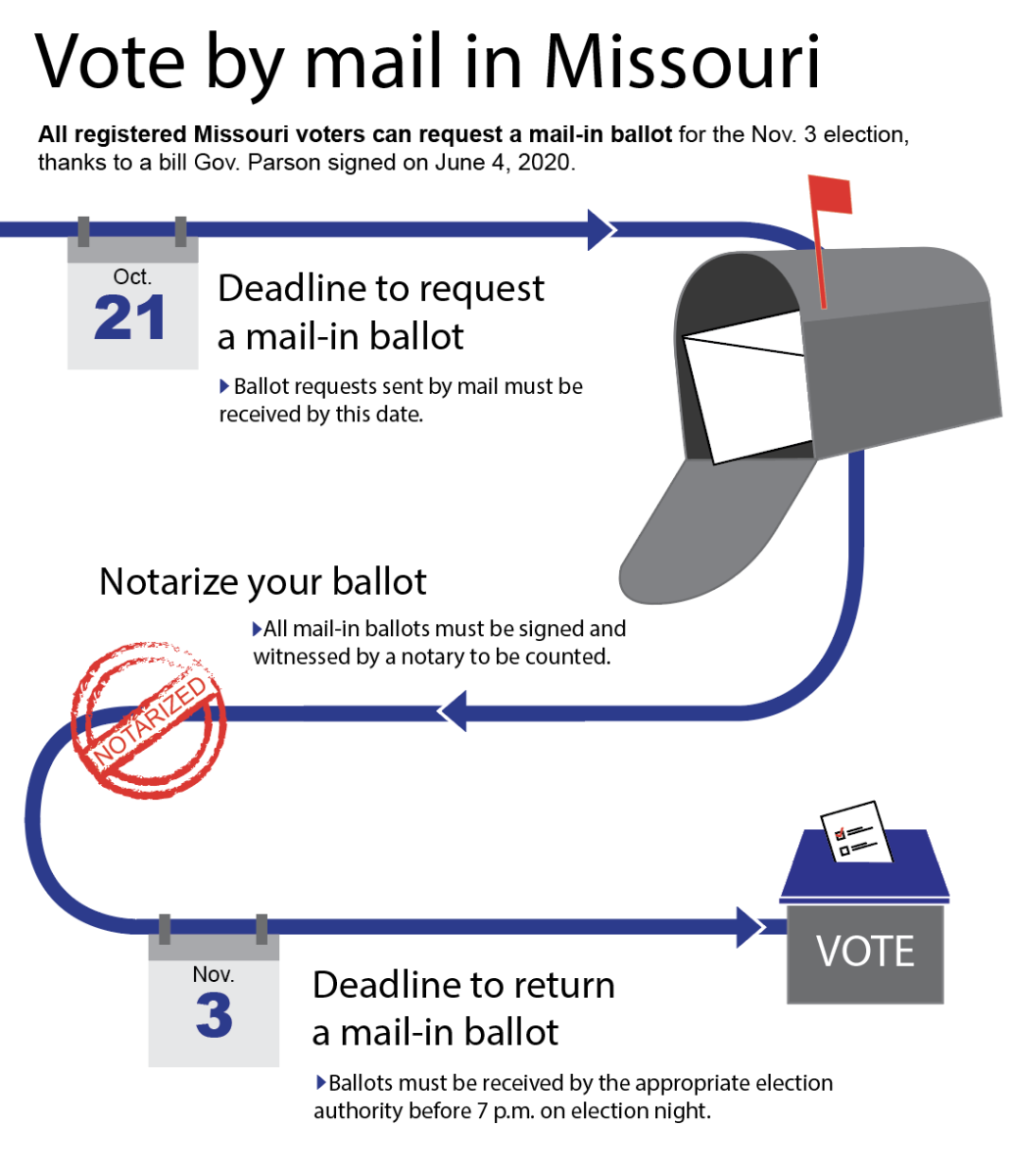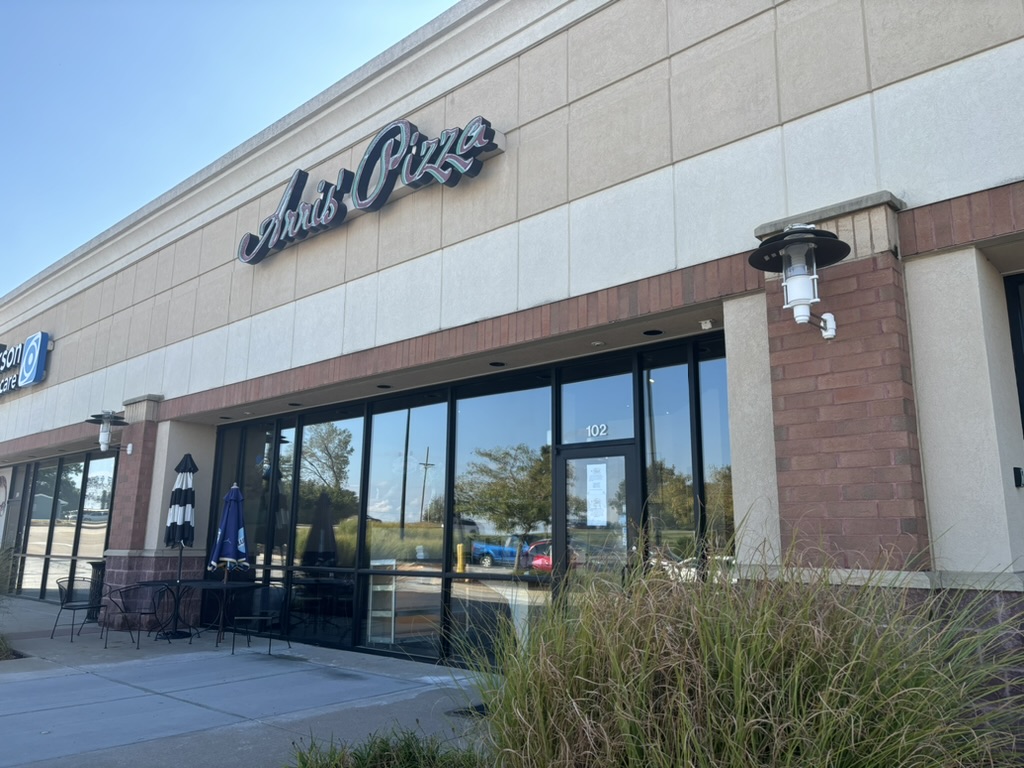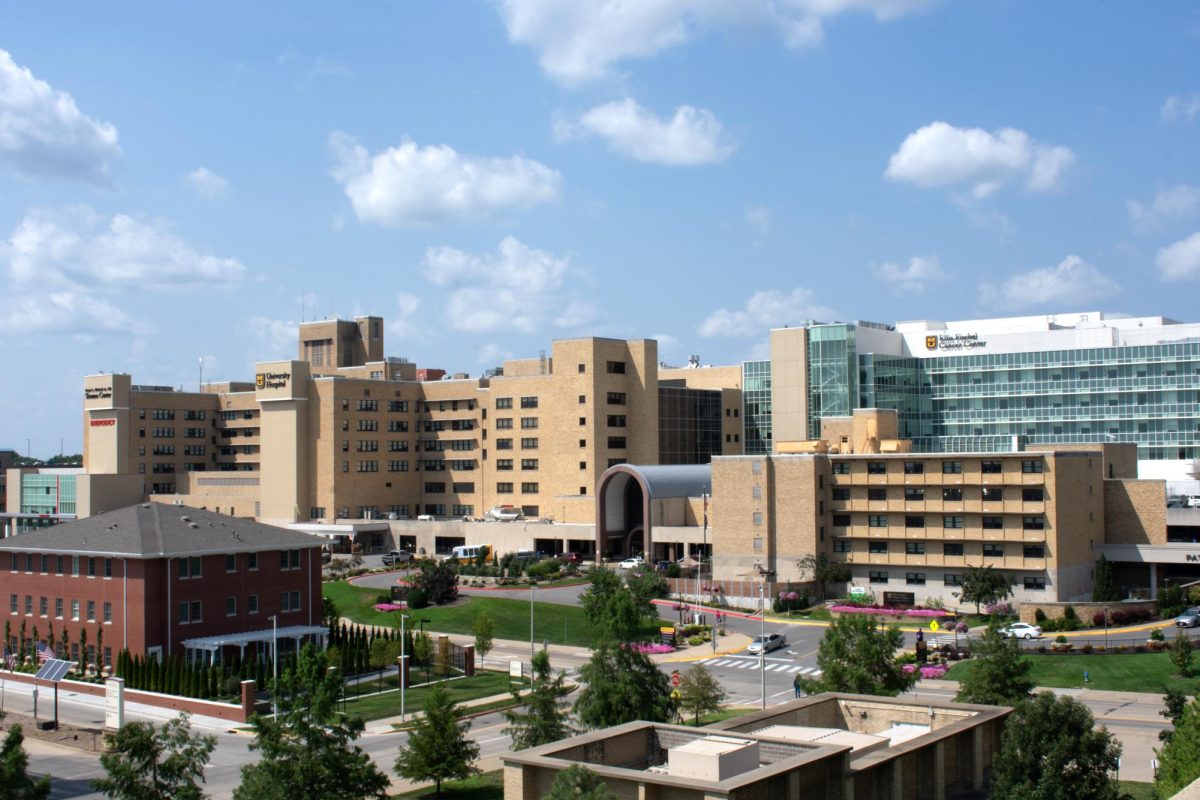This year has seen an unprecedented amount of attention on mail-in voting due to the COVID-19 pandemic, but that attention comes with many misunderstandings and a general lack of clarity. In general, MU students seem to be in favor of mail-in voting and the measures recently enacted to increase its accessibility during the current crisis, but don’t understand exactly how it works.
“I think it makes it more comfortable for people who don’t know how to go out during COVID,” freshman Adria Boudouris said. “I’d prefer it, but I’m not sure how to do it. I might just drive home, it’s not that far.”
Boudouris isn’t alone. Several students admitted that while they were in favor of the expansion of mail-in voting, they were personally still planning to vote in person due to either a lack of knowledge about how to vote by mail or anxiety about the reliability of the process. This despite the fact that they would have to return home to other towns or states, often hours away, to do so.
A number of students expressed uncertainty about mail-in voting due to the amount of conflicting information circulating about it.
“I’ve seen a lot of news about the things in Wisconsin where they were literally taking out the mailboxes,” junior Shannon Keller said.
Keller was referring to a viral Tweet from Aug. 14 of a photo of a pile of defunct mailboxes, captioned, “Photo taken in Wisconsin. This is happening right before our eyes. They are sabotaging USPS to sabotage vote by mail.” The claim of the photo being evidence of voter suppression has been investigated and proven false by both Vox and USA Today, but the damage done by this and other misleading claims and stories is not so easily undone.
“A lot of the news going around is about ‘Oh, they’ll lose your vote,’” sophomore Marc Loftus said. “I don’t know if that’s true or not, but I don’t want to risk it — I’d rather have the certainty of in-person.”
Absentee voting in America can be traced as far back as the Civil War, when Abraham Lincoln wanted to ensure the votes of soldiers serving away from home would be counted, Paul Gronke, a professor of political science at Reed College, told Time Magazine. Since then, this form of mail-in voting has been used nationwide to ensure Americans under extenuating circumstances would be able to participate in elections, and 2020 will be no different.
Missouri Governor Mike Parson recently signed into law legislation that both expanded the options for absentee voting, and created a system for requesting a no-excuse-necessary mail-in ballot for the 2020 election, following concern over the spread of COVID-19 in polling places around the state.
In past years, absentee voting has been available to Missouri residents who would be unable to vote in the polling place on election day either due to a disability, absence from the state or a host of other reasons. For the Nov. 3 2020 election, anyone who has either contractred or who is considered “at risk” for COVID-19 will also be able to request an absentee ballot. In order to be eligible, voters must either currently have COVID-19 or fall under a certain list of seven pre-existing conditions ranging from having diabetes to being older than 65.
As of June 4, all registered Missouri voters will be able to request a mail-in ballot, regardless of their health or risk condition. Mail-in ballots must be requested either in-person or by mail from a local election authority by the second Wednesday prior to Nov. 3, no later than 5 p.m. Local election authorities will then mail out a ballot, which must be received by the election authority in the provided envelope, signed by a notary, by 7 p.m. the night of the election.
“I think that, especially for college-aged voters and people voting for the first time, it’s really confusing to request an absentee ballot or a mail-in ballot since we have no experience with big elections,” Ashley Webb, a freshman and first-time voter, said. “Personally, I didn’t even know there was a difference in Missouri.”
All mail-in ballots must be signed by a licensed notary. And while it is required by Missouri state law that all absentee ballots be notarized for free, this does not apply to the new mail-in ballots being offered. However, a group of notaries across the state have already begun to offer their services at no charge to anyone who makes an appointment. In Boone County alone, 12 have made themselves available at no charge.
“It feels like there’s a real lack of clarity from the state or at least not a big information push,” Webb said. “It seems like my friends and a lot of other people assume with mail-in voting that you just get a ballot and send it back but it’s a little more complicated than that.”
Despite varying opinions and concerns about voting by mail, all students interviewed did definitively say they were intending on voting in the upcoming election, a promising sign for voter turnout.
_Edited by Lucy Caile | [email protected]_














